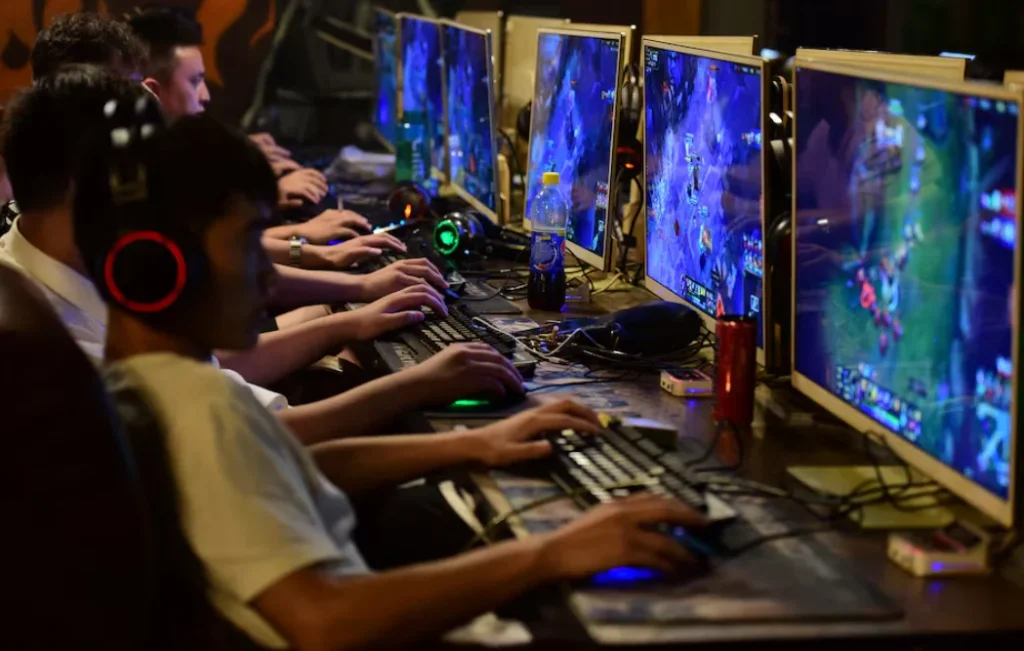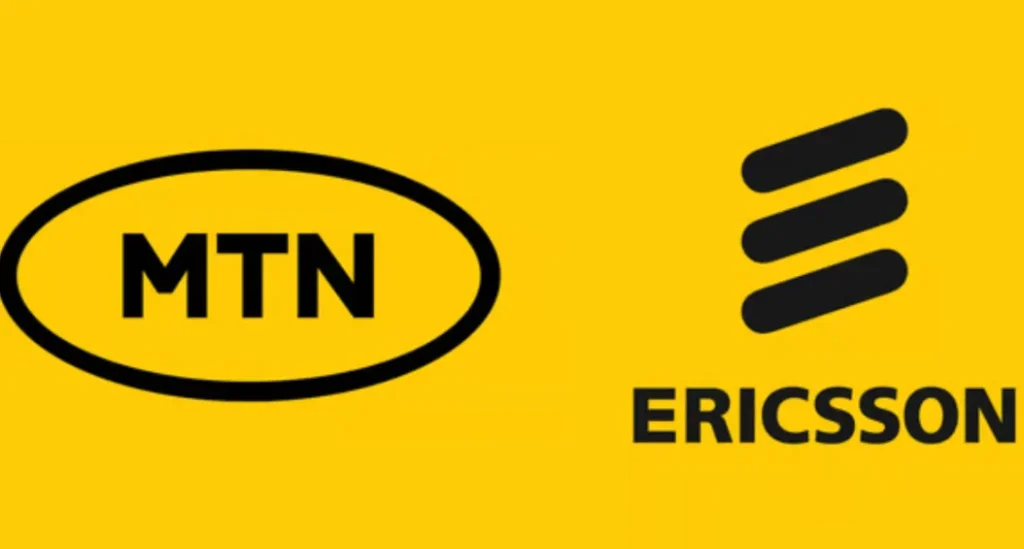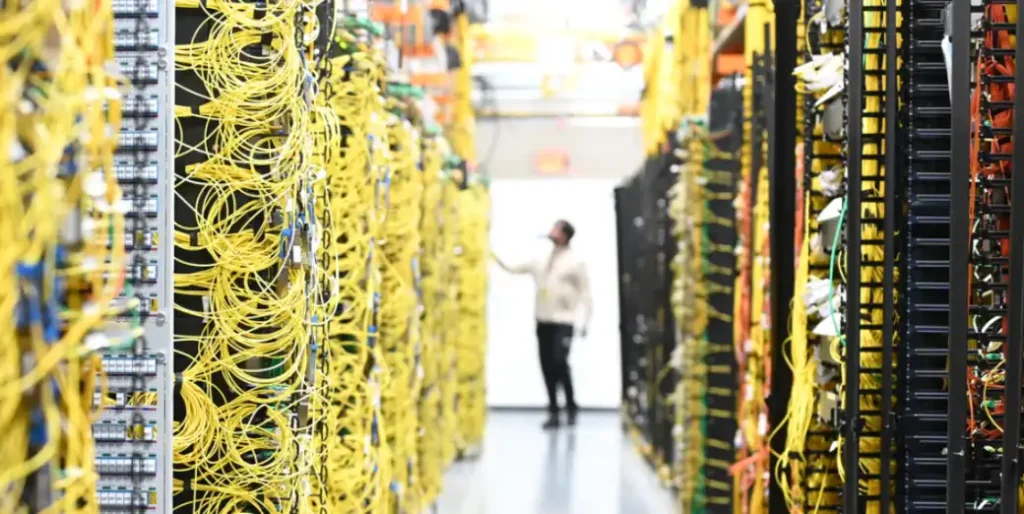A new Google Cloud survey shows that 87% of video game developers are using artificial intelligence (AI) agents to streamline workflows, reduce costs, and automate repetitive tasks. The study highlights the growing role of AI in the global gaming industry as studios face mounting financial pressure from record layoffs, rising development costs, and longer production cycles.
How Developers Are Using AI in Gaming
According to the Google Cloud and Harris Poll study, which surveyed 615 game developers in the U.S., South Korea, Norway, Finland, and Sweden between late June and early July:
- 44% of developers use AI agents to optimise content and process information across text, voice, code, audio, and video.
- Many respondents said AI frees up teams to focus more on creativity by automating repetitive or time-consuming tasks.
- 94% of developers expect AI to help reduce long-term development costs.
The increasing reliance on AI reflects how gaming publishers are adapting to high fan expectations and competitive market dynamics, while trying to maintain efficiency.
Industry Concerns About AI in Gaming
Despite the optimism, the study also revealed significant concerns among game developers:
- Job security: AI adoption has raised fears of job losses and lower pay.
- Intellectual property (IP): Around 63% of developers worry about data ownership and licensing of AI-generated content.
- Return on investment (ROI): About 25% of developers reported difficulty measuring the ROI of AI, with high integration costs adding further challenges.
These issues echo broader industry tensions. Last year, Hollywood’s videogame performers went on strike over AI-related disputes, while more than 10,000 people lost jobs amid studio shutdowns.
Future Outlook for Gaming and AI
The gaming industry is expected to gain momentum in 2025 and beyond with the release of premium titles and next-generation consoles. While AI adoption is likely to accelerate, studios must balance the benefits of automation with ethical and legal challenges surrounding ownership, fair pay, and creative integrity.












